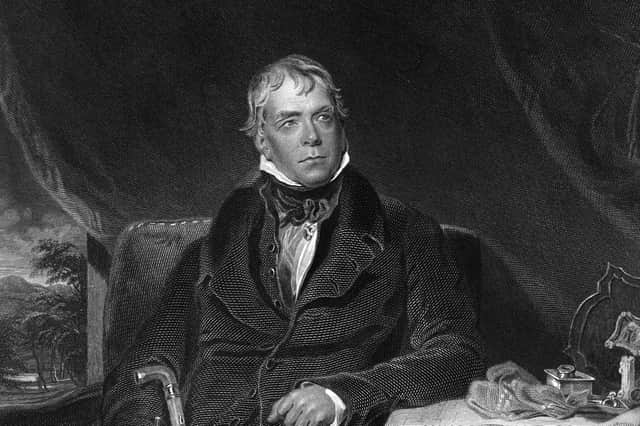Scotland's not proven verdict should only be saved if it serves the needs of justice – Scotsman comment


In his journal entry for February 20, 1827, he wrote: “At court, and waited to see the poisoning woman. She is clearly guilty, but as one or two witnesses hinted an intention to poison herself, the jury gave that bastard verdict, not proven.” Finally, however, Scots law’s unique third alternative to guilty and not guilty is set to be scrapped as part of sweeping changes to the legal system proposed in the Victims, Witnesses and Justice Reform (Scotland) Bill.
While it is commonly assumed that “not proven” was Scotland’s original verdict of acquittal, this is not actually true, with “giltye” and “nocht giltie” recorded in the 16th century and proven/not proven arriving in the mid-17th century, according to legal researchers. Despite this, part of the resistance to scrapping the verdict is based on its status as a traditional feature of Scots law.
Advertisement
Hide AdAdvertisement
Hide AdIt also perhaps reflects reality more accurately: sometimes it is difficult to determine whether someone is truly innocent or guilty. And there is strong support for not proven among lawyers. A 2021 survey found more than 70 per cent backed the verdict, mostly as “an important safeguard” against wrongful convictions.
But given judges tend to describe “not proven” and “not guilty” as having the same effects when explaining the law to juries, it is hard for many to see the benefits. And those who campaign against the verdict point out it is used disproportionately in rape trials. According to Rape Crisis Scotland, “there is some evidence that juries can be reluctant to convict in rape cases, and that preconceived notions of how someone should react to rape may impact on their decision-making. There are real worries that the… verdict gives juries in rape trials an easy out and contributes to guilty people walking free”.
Such criticisms will weigh heavy on MSPs’ minds. But while it seems not proven is set to be scrapped, supporters of the verdict should now seek to make their case to MSPs, focussing on the needs of justice, rather than appeals to tradition.
However, for good or ill, if the bill is passed, it will be a historic day for the Scottish legal system.